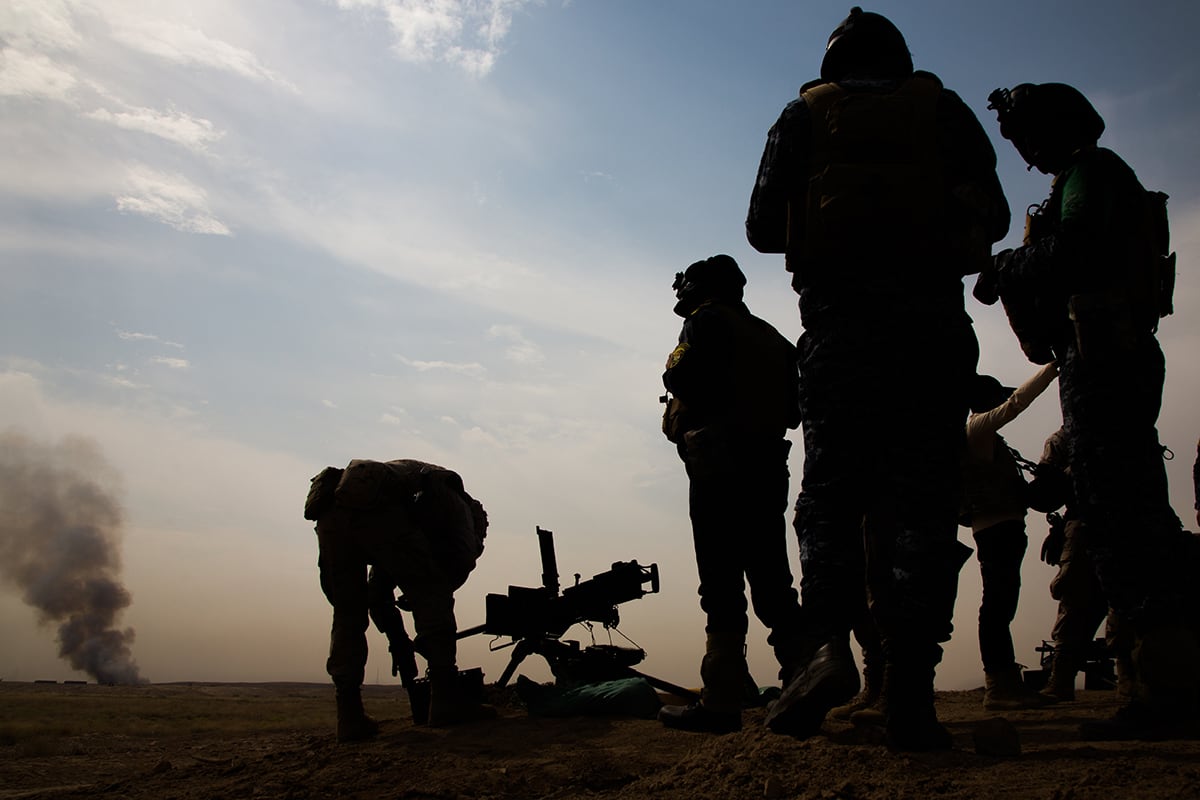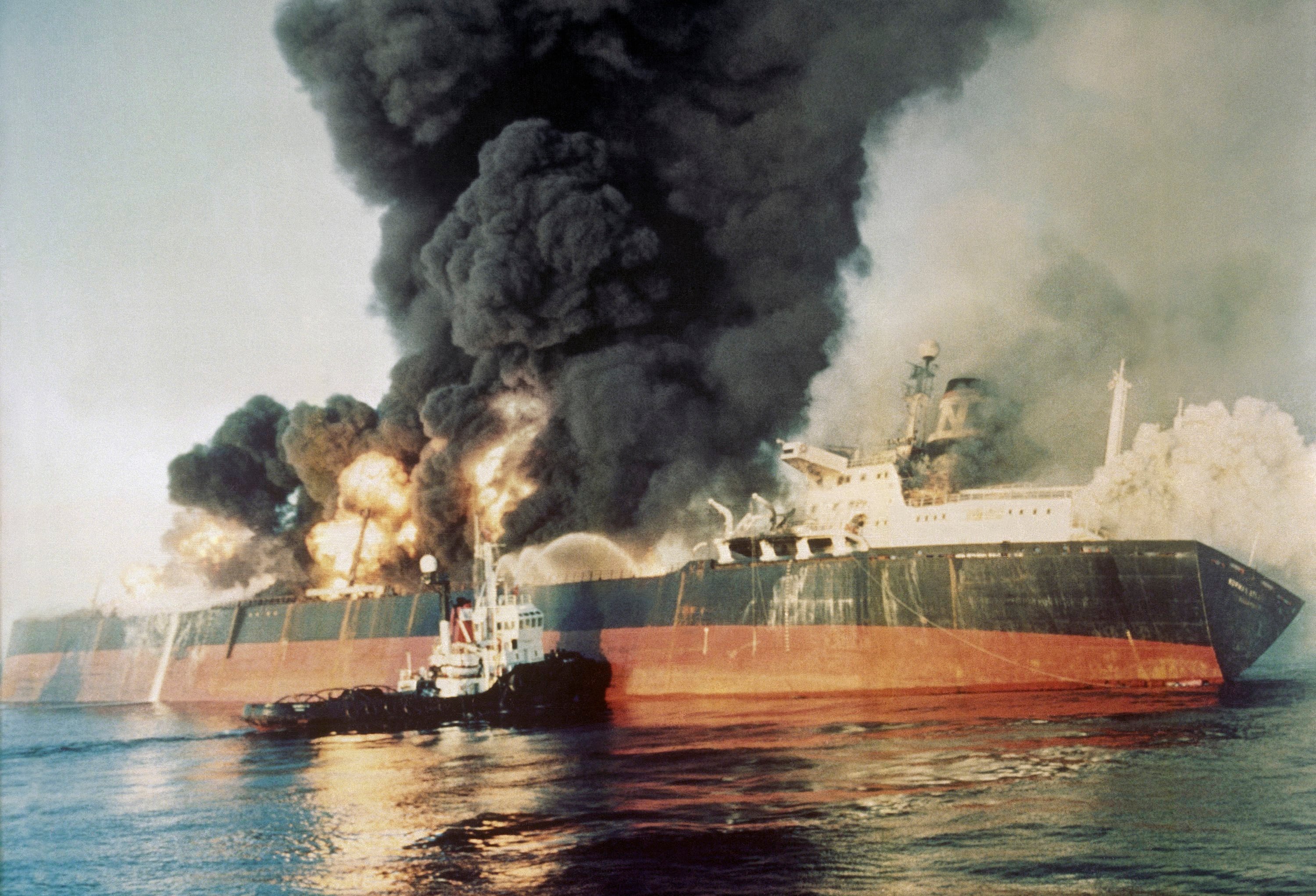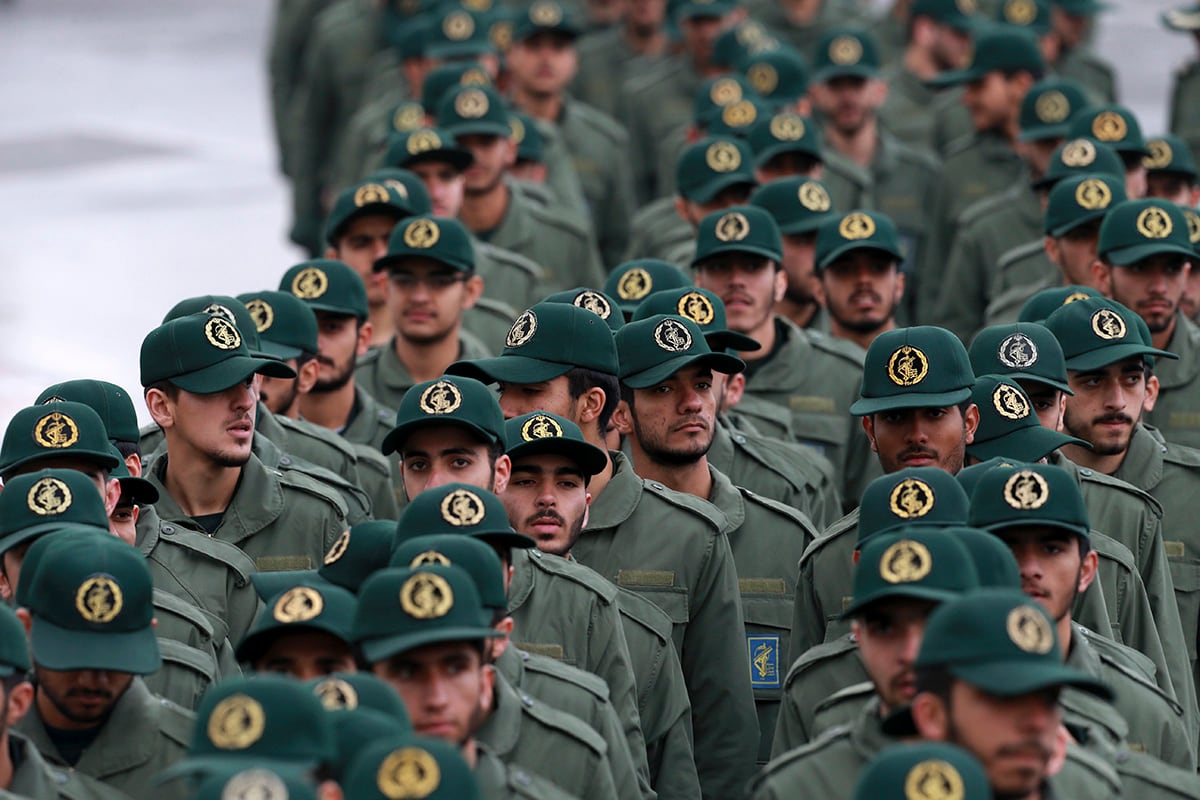The top U.S. military commander told lawmakers Wednesday that Iran should be “very very cautious” with how it proceeds.
The comments from Gen. Mark Milley, the Joint Chiefs chairman, follow a spate of nine attacks that have rocked U.S. installations and interests in Iraq over the last several weeks. A number of those attacks, including the Dec. 3 rocket attack that struck al-Asad airbase, have been blamed on Iran.
“We are in a period of heightened risk with respect to Iran,” Gen. Mark Milley, the Joint Chiefs chairman told lawmakers Wednesday on Capitol Hill. But the top American commander explained that “restraint in this particular situation is an appropriate response.”
RELATED

Milley’s response on Iran came from a question posed by Nebraska Republican Rep. Don Bacon, who asked Secretary of Defense Mark Esper and the Joint Chiefs chairman: “When is enough enough on Iran? When is our restraint being interpreted by them as weakness?"
“The ball is in the Iranian court," Milley said. How they respond and the size and scope of that response will determine a U.S. answer, he explained to lawmakers.
As the U.S. flexes troops, ships and aircraft to the Middle East to deter Iranian threats, Tehran appears to be answering in kind by bolstering missile forces, adding new fast-attack ships and moving troops across the region.
Nearly 14,000 additional American troops have been deployed to the Middle East over the last six months in response to malign Iranian behavior from attacks on commercial tankers in the Persian Gulf over the summer to the attack on two Saudi Arabian oil fields in September that U.S. officials say was carried out by Tehran.

Esper says the U.S. is still considering deploying more forces to the U.S. Central Command area of responsibility to respond to the Iranian threat.
But as Washington D.C. and Tehran continue to ratchet up forces and operations in the region the two combative foes are pushing dangerously close to open military confrontation, highlighting a potential failure of the President Donald Trump’s maximum pressure approach to deterring Tehran’s malign behavior in the region.
In a heated exchange with Esper, Massachusetts Rep. Seth Moulton, a Marine veteran, questioned whether the Trump administration’s maximum pressure campaign against Iran and its decision to withdraw from the Iran nuclear accord was bearing any success.
Iran is “much closer” to a nuclear weapon and “regional aggression picked up," Moulton told Esper. The “administration’s strategy is failing."
“We are less safe then when we were under the JCPOA [Joint Comprehensive Plan of Action],” Moulton said. The JCPOA, also known as the Iran nuclear deal, was brokered between the Iran the U.S. and the permanent members of the UN Security Council, including Germany in 2015.
Trump withdrew the U.S. from the JCPOA in 2018.
RELATED

Esper responded to Moulton by saying that the U.S. actually witnessed an “uptick in activities” including Iran’s missile program as money was returned to Iran following the JCPOA agreement.
“Strategies take time to play out,” he said. The maximum pressure campaign was having “dramatic effects” on Iran’s economy," Esper explained.
Moulton questioned Esper about whether there was “less activity now” from Iran then when the U.S. was still under the JCPOA.
“They [Iran] weren’t attacking Saudi oil fields,” Moulton said.
Four rockets struck near a military camp next to Baghdad International Airport on Monday — making it the ninth attack near U.S. installations and interests in the last several weeks.
Iraqi authorities said six of their troops were wounded in the attack and that security forces found a missile launcher with missiles that failed to launch.
No U.S. troops have been injured in any of the recent attacks and no facilities have received significant damage, a U.S. official told Military Times.
Shawn Snow is the senior reporter for Marine Corps Times and a Marine Corps veteran.




